Corn
Corn is a valuable and widely accepted product in international markets, known for its quality and compliance with health standards.
Quality and Varieties
High Quality: Corn is renowned for its versatility and high quality, cultivated in fertile soil and suitable growing conditions.
Different Varieties: There are several types of corn, including sweet corn, dent corn, and flint corn, each with distinct uses and characteristics.
Cultivation and Production
Climate Conditions: Corn thrives in warm climates with plenty of sunlight and moderate rainfall, which helps in producing high-quality crops.
Farming Methods: Corn cultivation relies on modern farming techniques, including precision agriculture and sustainable practices, to ensure abundant and consistent yields while protecting the environment.
Export
Target Markets: Corn is exported to a wide range of global markets, including countries in North America, Europe, and Asia.
Health Standards: Farmers and exporters comply with international health and quality standards to ensure a safe, nutritious product for consumers.
Health Benefits
Nutritional Value: Corn is rich in essential nutrients, such as fiber, vitamins, and minerals, contributing to digestive health and overall nutrition.
Versatile Uses: Corn is a staple ingredient in a variety of dishes, including soups, salads, snacks, and cereals, making it a key ingredient in many cuisines.
Economic Impact
Importance of Export: Corn exports play a significant role in the global agricultural economy, providing job opportunities and boosting income for farmers and workers involved in the export chain.
Corn is a valuable and widely accepted product in international markets, known for its quality and compliance with health standards.

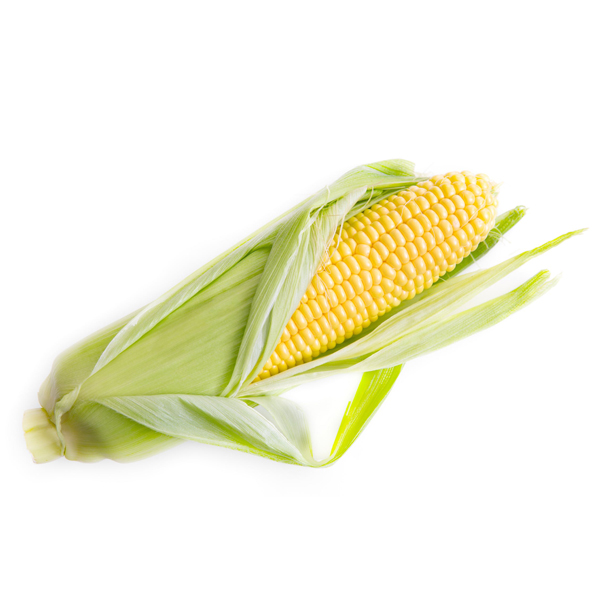
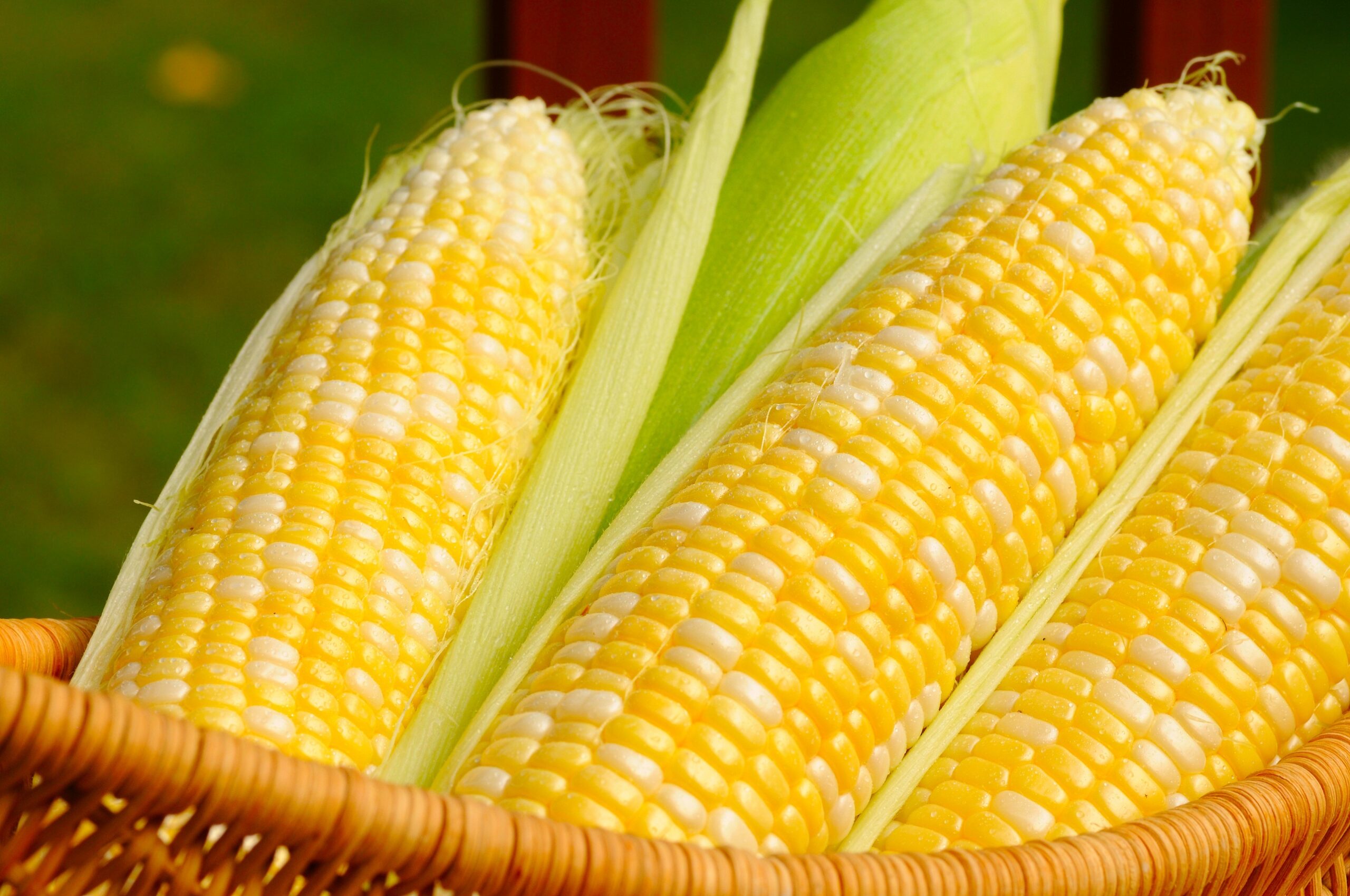
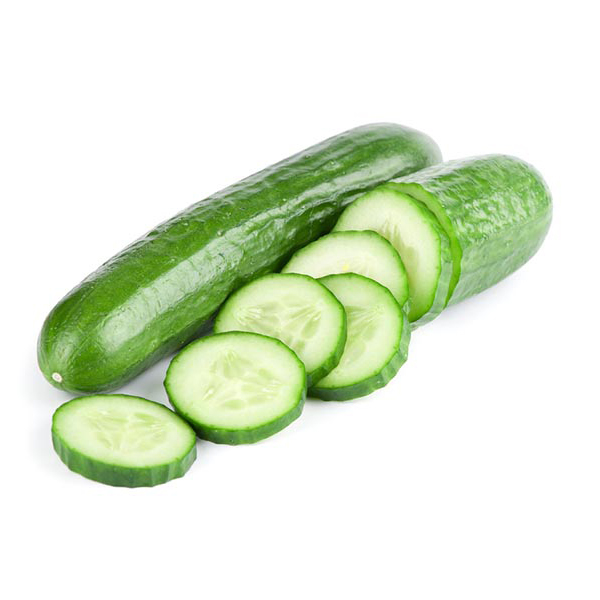
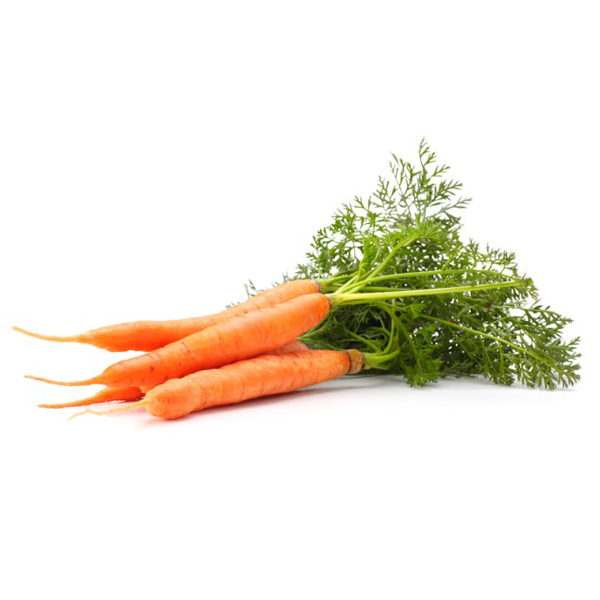
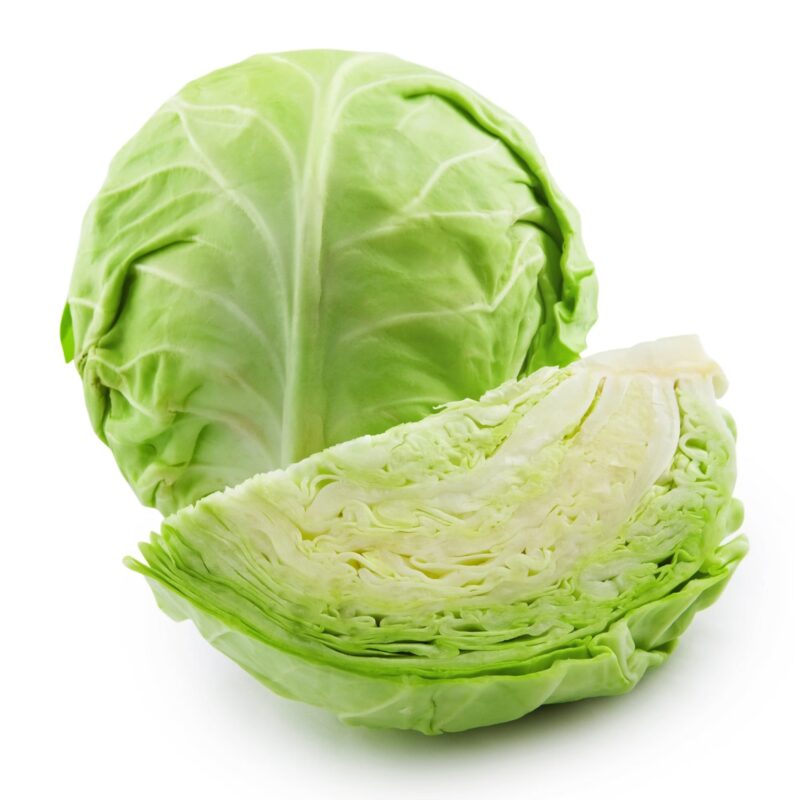
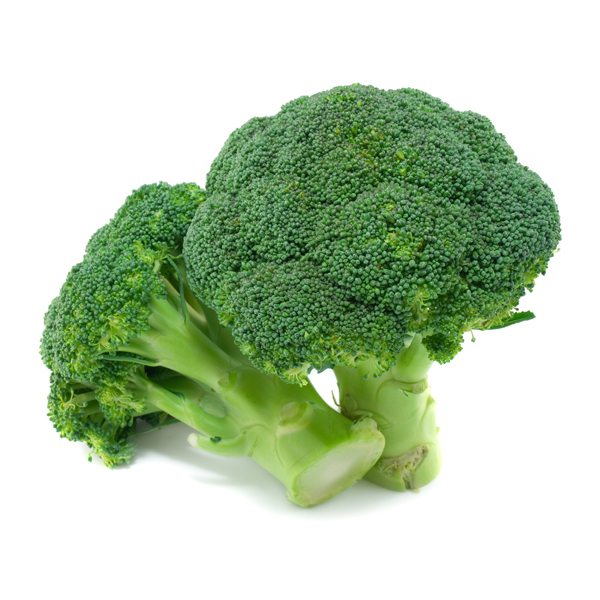
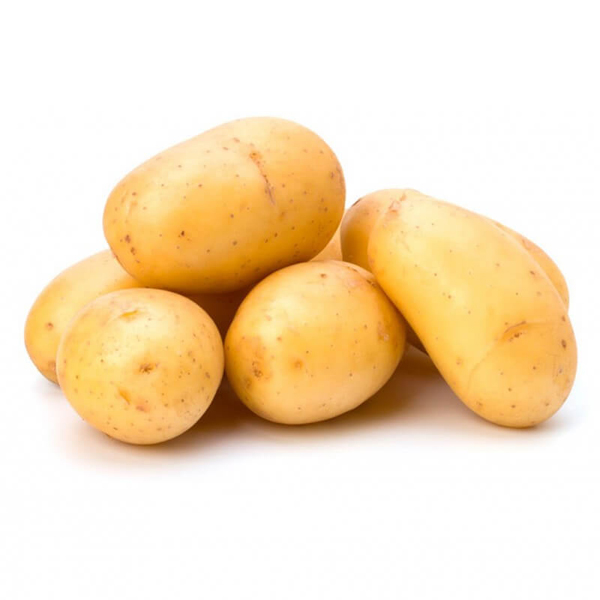
Avis
Il n’y a pas encore d’avis.